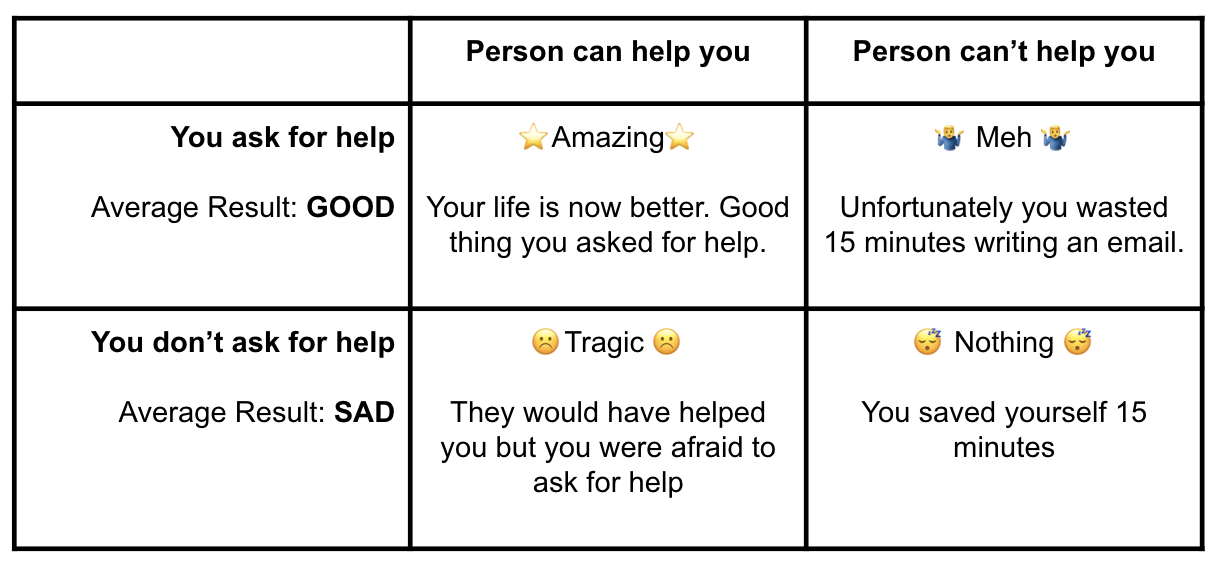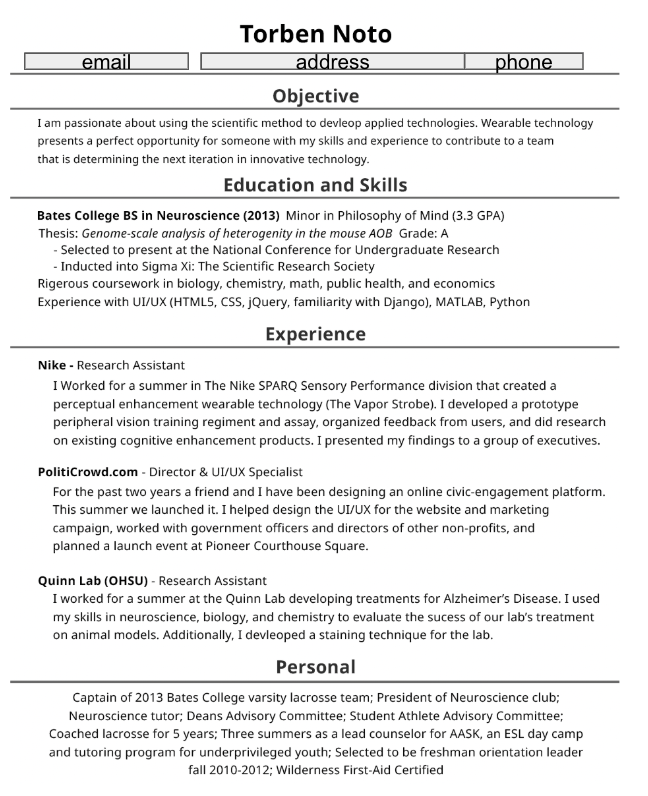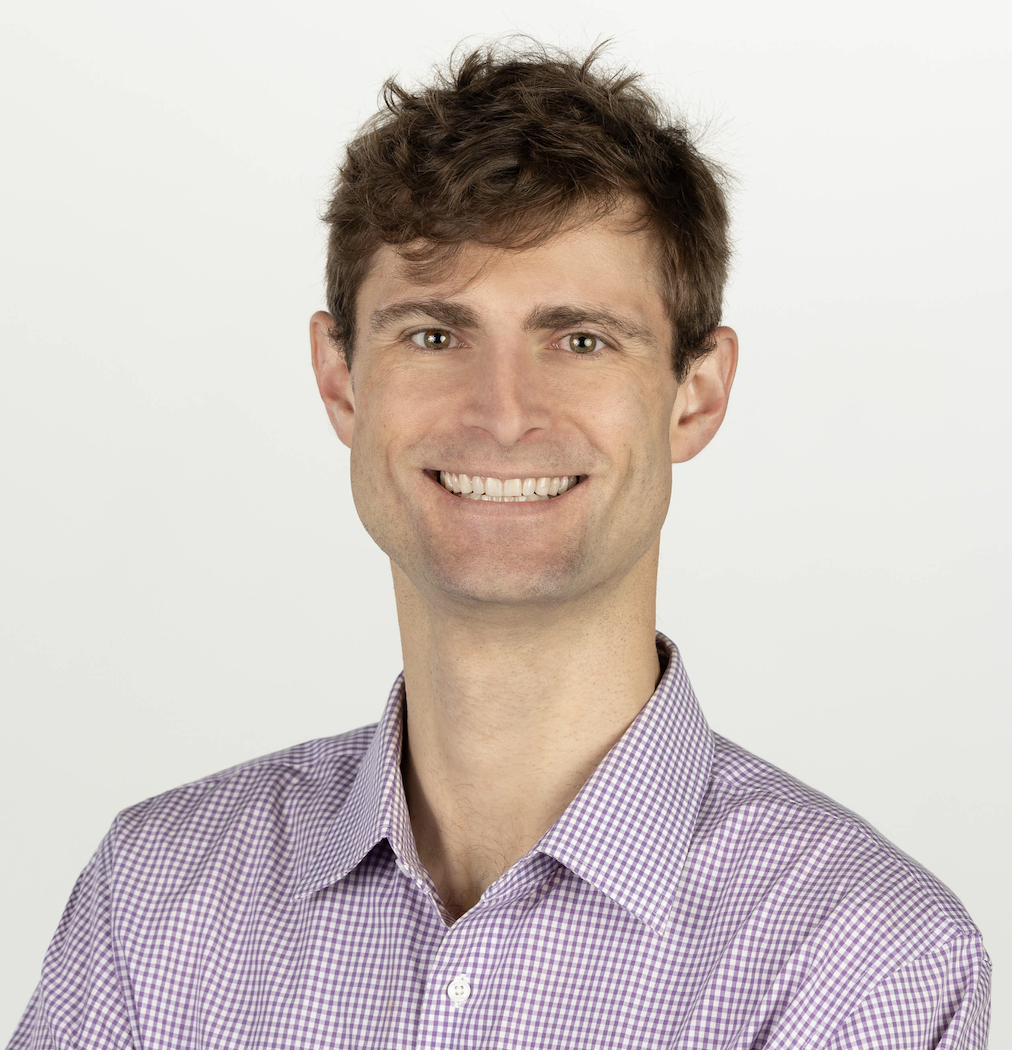FAQs + Advice
Please reach out if you would like me to answer something here!
How did Torben get his first job?
TLDR: Asking for help, being nice, working hard, and failing aggressively.
I graduated from Bates College in 2013 with a BS in Neuroscience. I didn't know exactly what I wanted to do but I knew that I wanted to work on cool science projects. I learned that I could do this by getting a PhD. I didn't have good grades or strong research experience so I looked for labs that had research assistant jobs. I sent emails to professors and/or applied to >50 jobs and recieved rejections or non-responses. I realized that coding was a highly in-demand skill that would make me a stronger candidate so I did python tutorials while I kept looking for jobs. Eventually, I found this neuroscience blog written by Brad Voytek. He seemed extremely cool and smart and I felt intimidated and weird reaching out to him. I got over my fear and emailed him with questions about the things he was writing about as well as how someone like me could contribute to this kind of work. After a few conversations he offered me a job as a research assistant in his lab.
Brad had an image like the one below on his blog and I don't know what its called and I can't find it anywhere so I'm putting it here and calling it the Voytek Confusion Matrix.
The Voytek Confusion Matrix shows the possible outcomes of asking for help. If you stare at it for a little bit, I hope you will agree that asking for help will benefit you more than not asking for help. I was sometimes afraid to reach out for help because I thought they would think I'm stupid or I would get rejected. Nobody that I reached out to thought that I was stupid. I promise you that thinking about being rejected is 10x worse than actually being rejected.

CAVEATS:
How do I get a job? / How do I figure out what I want to do?
This is my best advice:
Hi I'm Torben, 1. I think your job is really cool and I want to be like you. 2. I did some research and have this specific interesting question about your work. 3. This is what I'm working on and this is what I want to work on. 4. Could you please give me adivce on how to be cool like you or do you know anyone who can help me on my quest? 5. (attitude in this email is humble, curious, and kind)
What did Torben's resume look like after college?
My best advice for making a resume right out of college where you might not have much to talk about, is to communicate what you do with your time and the skills you have put time into building. Show that you work hard, you're pleasant to work with, and that you're eager to grow your skills.
This is what my resume looked like in 2013, no contemporary edits.

How did I get my job at Osmo?
I got really lucky. As a postdoc, I heard about Osmo before it was public and reached out to the CEO to ask about how I could help. There wasn't an opening for me at that time so I applied to >200 different jobs after my PhD and couldn't get an offer anywhere. As Osmo grew, the company needed someone to run olfactory research projects that exactly matched my academic experience. After a few interviews I was offered a job.

